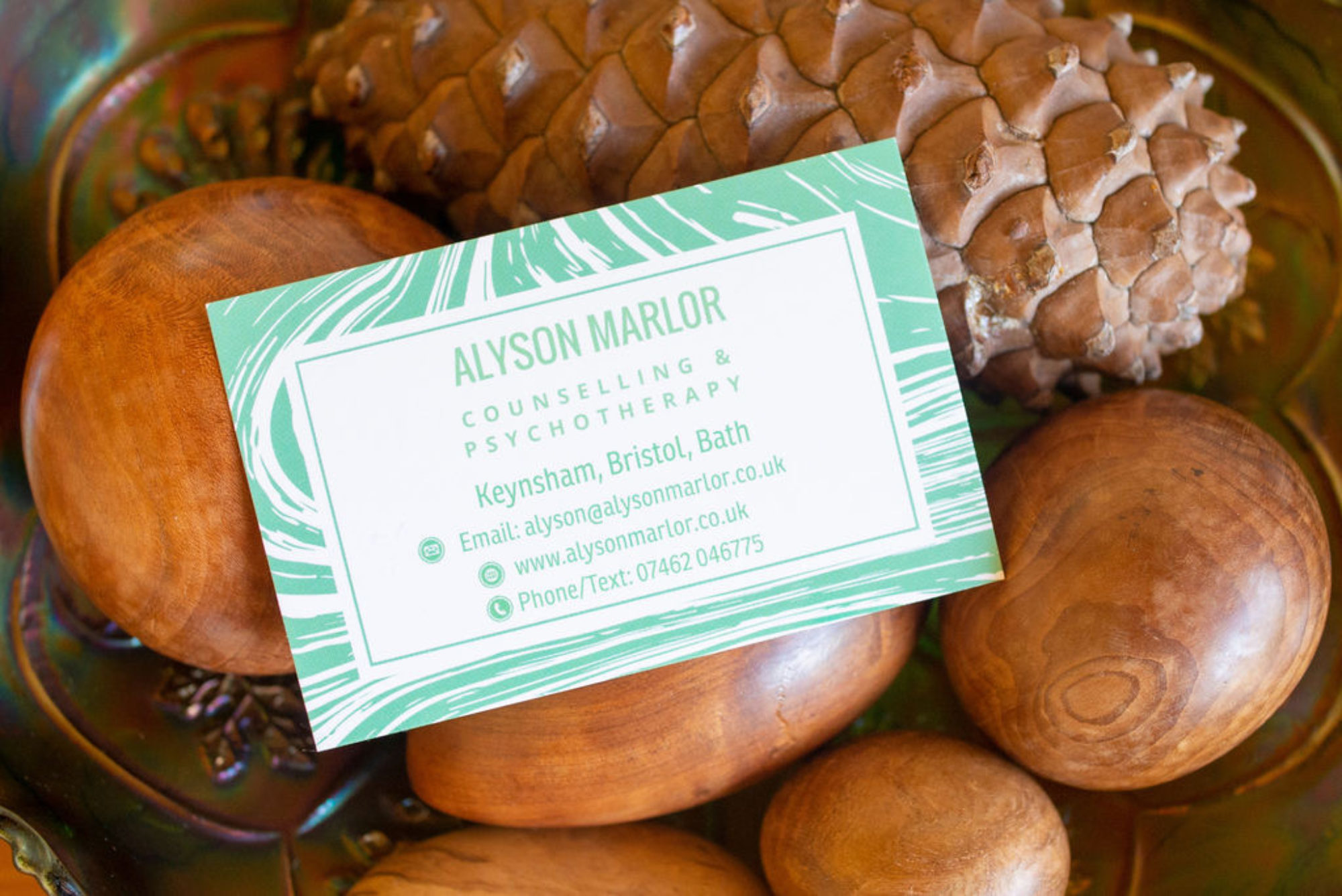Anxiety 3
Hello,
In this blog, I’m inviting you to be compassionate with yourself, to not feel that you should be able to get over the anxiety, or fix it, or be in control of it. If we begin thinking this way, we can quickly feel defeated, or weak, or vulnerable.
Our anxiety is our warning system and it has a job to do. We can choose to believe it’s trying to help us. It is what ensures we do what we need to do, to stay safe. Our job generally is to learn the important lessons it is trying to teach us and take the action it’s prompting us to. But what happens when we can’t take action? Or when our anxiety gives us signals that are not useful or don’t belong in the here and now?
Often, we can’t eliminate or fix this anxiety quickly. If that’s the case, thinking about the process of living with the anxiety may be more useful. Can we take some freedom and space to be ourselves even with the anxiety? Can we live our lives despite the anxiety? To do this, I think we have to accept it’s there and accept that it’s ok that it’s there.
One of the ways in which we can learn to accept it and continue the process of living with the anxiety can be through talking to others. We sometimes make assumptions that others are not feeling anxiety, or are coping much better than us, that they have resources and resilience we don’t possess. You can’t always tell just by looking at someone how anxious they are feeling. You can’t tell by looking but you may find out by talking.
So, check in with family and friends. Once you begin asking people how they are feeling and begin sharing with others how you feel, you realise the normality of your own anxiety. This facilitates accepting anxiety and learning the process of living with it.
The most important human experiences in learning to tolerate and cope with anxiety are being included, being seen and understood, being appreciated and respected, being liked and befriended and being loved. These human experiences are ones that are fundamental to our emotional well-being from birth. We learn to tolerate feelings of anxiety through the experiences our caregivers give to us. When we are distressed as tiny babies, our caregivers contain our distress for us. That is, they accept our distress and do their best to alleviate it, to calm us, to regulate us, to understand us and to leave us in a place where we are no longer in distress. We thus learn that distress is tolerable, it is transitory, it can be alleviated. As adults, these human experiences are still vital, particularly in those times when we are overwhelmed with uncomfortable feelings and cannot contain ourselves. We can let others help us with this, by sharing our distress, but we can also be there and offer these human experiences to others to validate their experiences. Acceptance and validation by others are extremely important in our learning to accept and live alongside our anxiety.
Warm wishes,
Alyson

